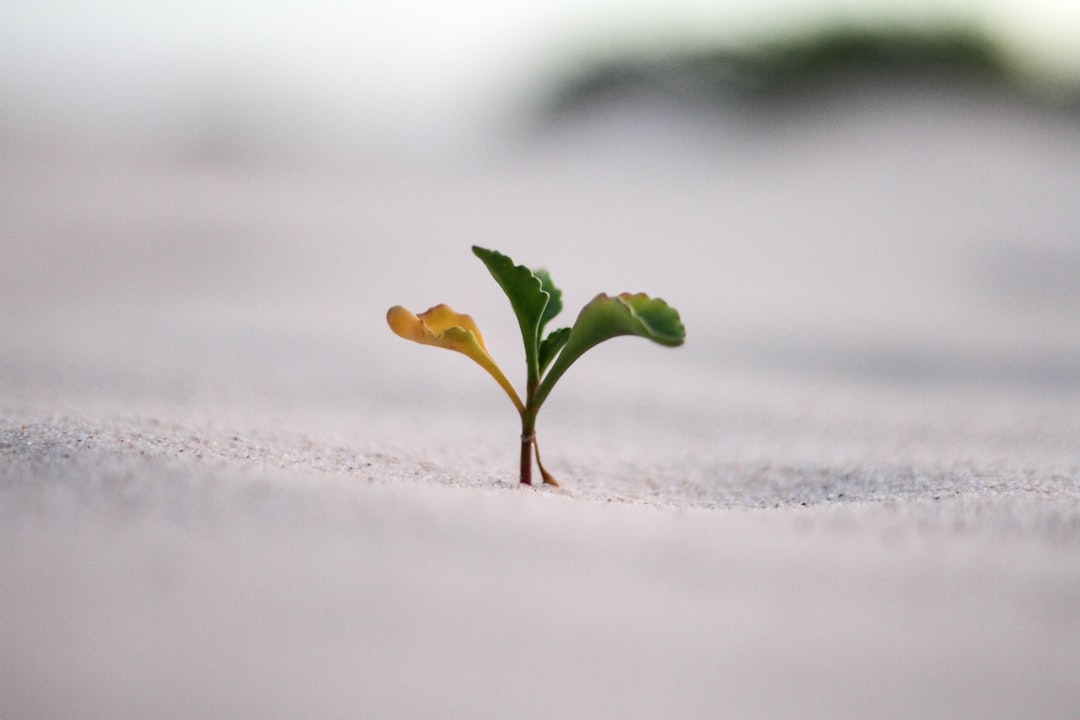We often think of growth in terms of career advancement, financial success, or personal achievements. While these are undoubtedly important, true, lasting growth encompasses something far more profound and interconnected: kindness. This isn’t about superficial pleasantries; it’s about a genuine, empathetic engagement with the world and the people in it. This blog post explores how acts of kindness, seemingly small and insignificant, can act as powerful catalysts, generating a ripple effect of growth that benefits not only the recipient but also the giver and the wider community.
Consider the seemingly simple act of holding a door open for someone. It takes mere seconds, yet it can brighten someone’s day, subtly altering their mood and perspective. This small gesture might lead them to be more patient with a frustrated colleague, more understanding towards a family member, or more generous to a stranger. The positive energy generated doesn’t stop there. Witnessing such kindness might inspire the recipient to perform a similar act, perpetuating a chain reaction of positive interactions. This is the ripple effect in action.
The benefits extend beyond the recipient. Studies have shown that performing acts of kindness releases endorphins, creating a natural high that improves mood and reduces stress. This contributes to improved mental and physical well-being, fostering personal growth and resilience. The act of giving, of focusing on the needs of others, shifts our perspective away from our own anxieties and challenges, promoting selflessness and empathy. This shift can lead to a deeper understanding of ourselves and our place in the world, a critical component of personal growth.
Furthermore, fostering a culture of kindness within communities, workplaces, and even families can create a more positive and supportive environment. When kindness becomes the norm, it establishes a foundation of trust and mutual respect, leading to greater collaboration, increased productivity, and stronger relationships. This collective growth is a testament to the power of seemingly small acts, demonstrating that kindness isn’t merely a virtue; it’s a catalyst for positive transformation.
So, how can you harness the power of kindness as a catalyst for growth? Start small. A simple smile, a listening ear, a helping hand – these gestures, performed consistently, can create a significant impact. Look for opportunities to extend kindness in your daily interactions. Challenge yourself to go beyond your comfort zone and consider acts of service that benefit a wider community. The more you practice kindness, the more you’ll cultivate empathy, strengthen your relationships, and experience the transformative power of its ripple effect. The journey of growth, therefore, isn’t solely about personal achievement; it’s inextricably linked to the kindness we extend to others. Let’s make kindness a catalyst for a better world, one act at a time.









